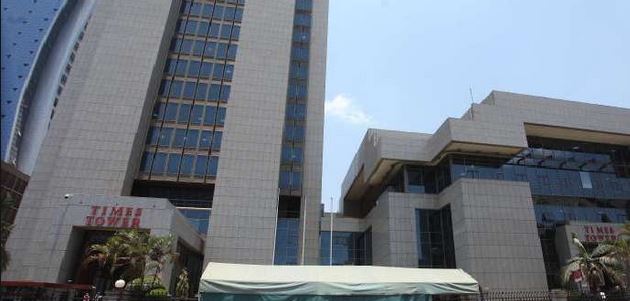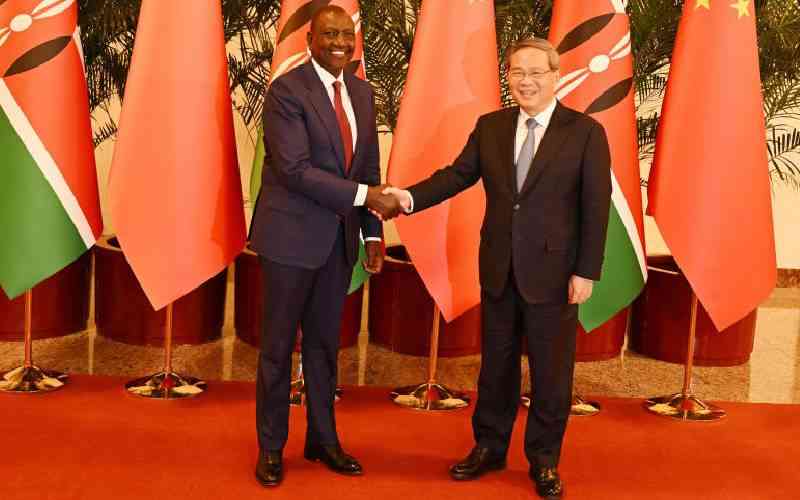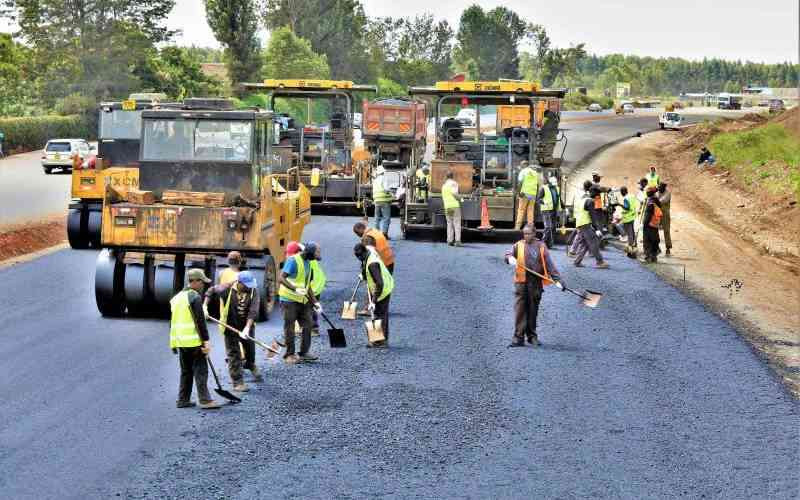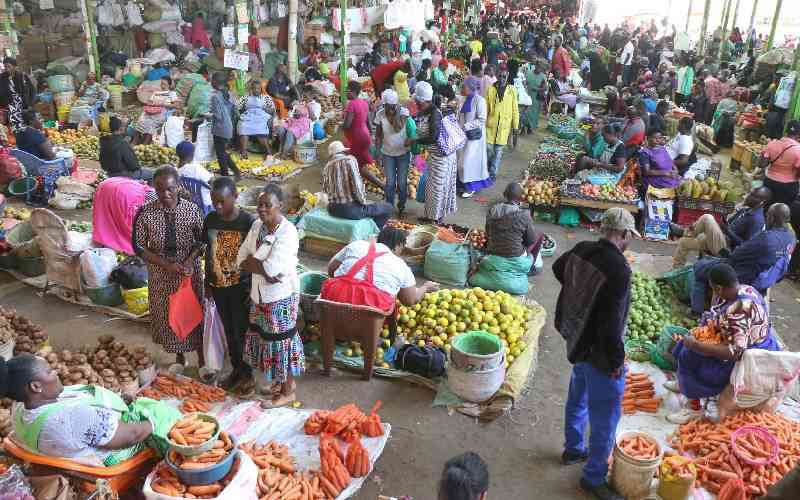×
The Standard e-Paper
Stay Informed, Even Offline

The Kenya Revenue Authority (KRA) has pinned hopes on new taxes and waivers introduced this month to shore up revenues in an economy hit hard by the Covid-19 pandemic.
KRA missed its tax collection target by over Sh186 billion since March, when the virus was first reported in Kenya, according to the taxman’s data for the eight months to November 2020.








